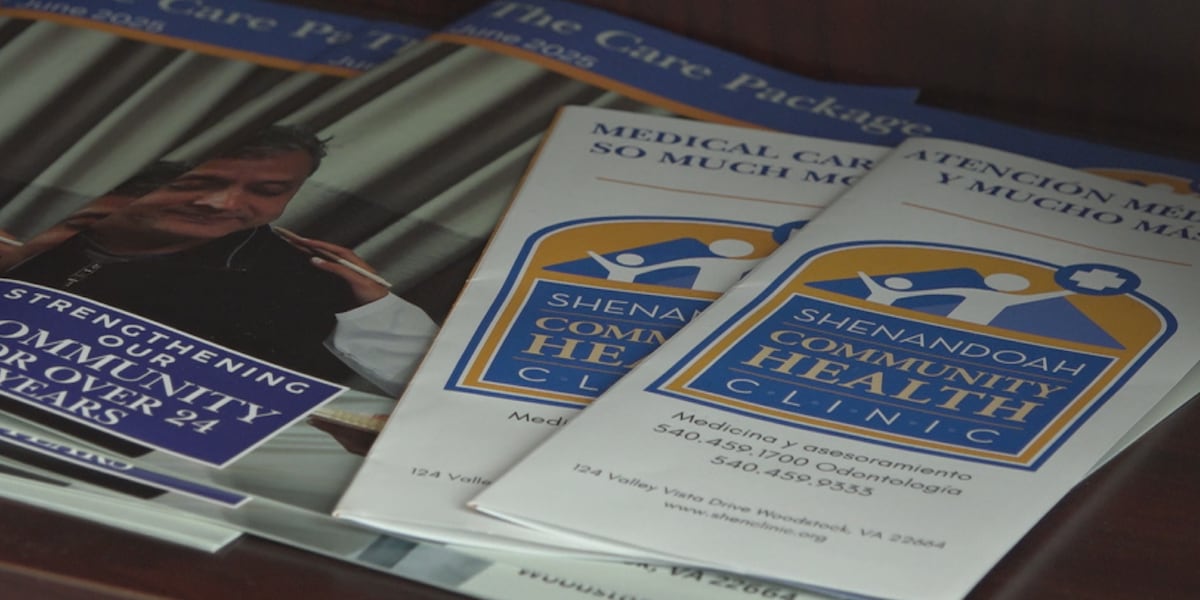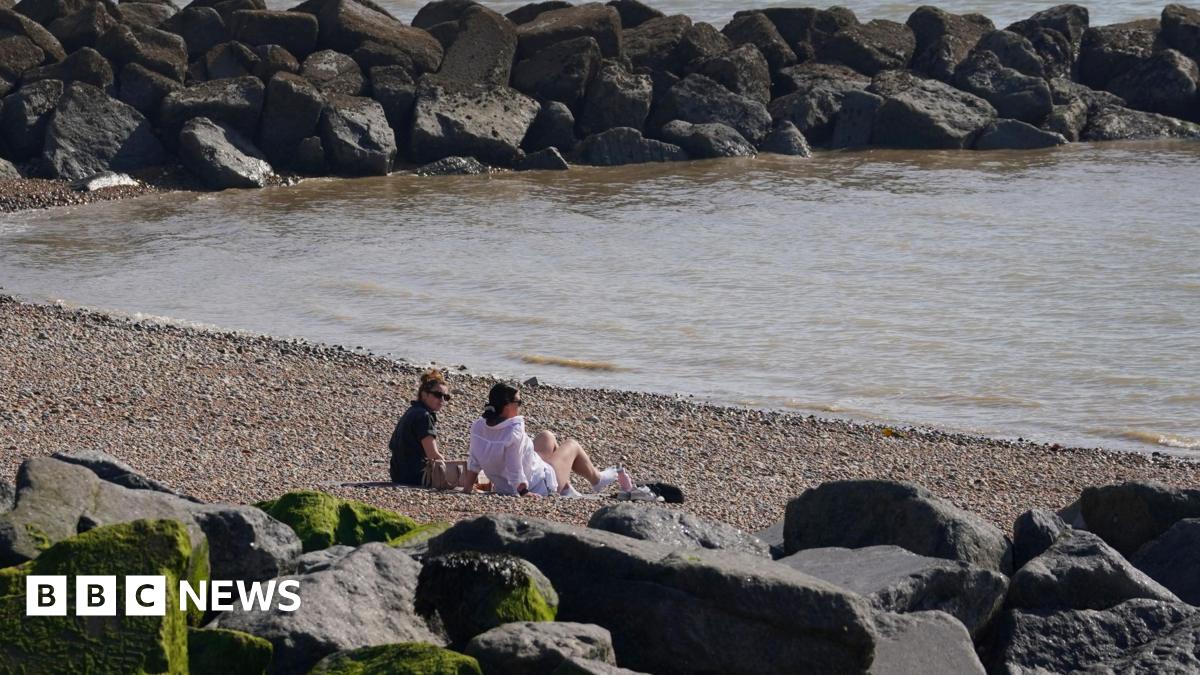Public Health Experts Demand RFK Jr. Halt Misinformation Following CDC Shooting

Following a deeply concerning shooting at the Centers for Disease Control and Prevention (CDC) in Atlanta, over 750 public health professionals have penned a powerful letter to Robert F. Kennedy Jr., urging him to immediately cease disseminating inaccurate health information. The letter, sent on Wednesday, highlights the potential for Kennedy’s statements to undermine public trust in vital health institutions and endanger public safety, particularly in the wake of a violent incident targeting a key public health agency.
Kennedy, a prominent figure known for his vocal skepticism regarding vaccines and other established public health practices, has repeatedly shared claims that are refuted by scientific consensus and medical experts. The public health workers argue that these actions are not only misleading but also irresponsible, especially given the current climate of heightened anxiety and distrust surrounding health matters.
A Call for Responsibility Amidst Crisis
The letter explicitly states that Kennedy’s continued propagation of misinformation contributes to a climate of fear and distrust that can have serious consequences. The timing of the letter, directly following the shooting at the CDC, underscores the urgency of their plea. They contend that such actions can incite violence and erode the ability of public health officials to effectively respond to public health crises.
“We are deeply troubled by your continued promotion of inaccurate and misleading information about public health,” the letter reads. “Your statements have the potential to harm individuals and communities, and to undermine the credibility of public health institutions.”
The Broader Impact of Misinformation
The issue extends beyond Kennedy’s individual statements. Public health experts warn that the spread of misinformation, particularly online, can have a devastating impact on vaccination rates, disease prevention efforts, and overall public health outcomes. The COVID-19 pandemic starkly illustrated the dangers of allowing misinformation to flourish, leading to vaccine hesitancy and hindering efforts to control the virus.
The letter emphasizes the importance of relying on credible sources of information, such as the CDC, the World Health Organization (WHO), and peer-reviewed scientific research. They urge Kennedy to reconsider his stance and use his platform to promote accurate and evidence-based health information instead.
Kennedy's Response and Ongoing Debate
While Kennedy has not yet issued a direct response to the letter, he has consistently defended his right to express his views on health matters. He maintains that he is simply questioning the status quo and encouraging critical thinking about established medical practices. However, his critics argue that his claims often lack scientific basis and are presented in a way that is deliberately misleading.
The debate over vaccine safety and public health messaging continues to be a contentious issue. This letter serves as a stark reminder of the responsibility that public figures have to ensure that their statements are accurate and do not contribute to the spread of harmful misinformation. The incident at the CDC only amplifies the need for responsible communication and a commitment to evidence-based public health practices. Advocates for public health are hoping that this letter will prompt a serious reconsideration of the impact of spreading misinformation and a renewed focus on promoting accurate information to the public.






